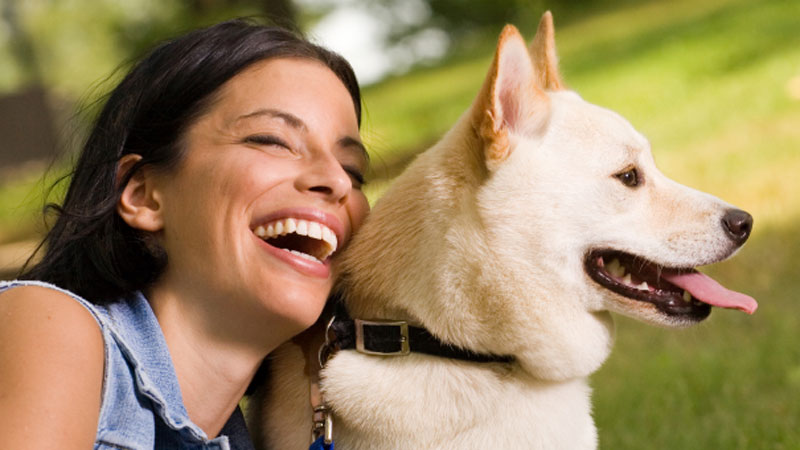The age at which canines become senior varies a lot according to breed. An 8 year old Yorkshire Terrier would be considered to be a fairly young dog but an 8 year old Great Dane would certainly fit into the senior category.
There are numerous illnesses that become more common as dogs get older. You can expect your dog to slow down a little with age and become less playful, but any sudden or significant change could indicate a problem and is worth getting checked out. An underactive thyroid gland could cause your dog to have less energy and gain weight and seem as though as they have become old before their time.
Stiff joints from arthritis can sometimes just cause your dog to slow down rather than have an obvious limp and dogs will rarely vocalise this sort of low grade constant ache. Sometimes you just need to alter the level of exercise; perhaps 2-3 short walks instead of one long one or reduce the amount of high intensity exercise with less ball throwing.
It’s important to keep an eye on your dog’s weight, often they will need fewer calories as exercise intensity reduces and metabolism slows. Weight gain can exacerbate stiff joints but can also put pressure on a heart problem, the latter is certainly something that can develop with age. The valves in the heart can become leaky with wear and tear leading to a murmur. These don't always need medication but need to be monitored.
Lumps and bumps are more common in older dogs and need to be checked out. The majority will be nothing to worry about like cysts or warts but there are some skin cancers which are more dangerous but can be cured if caught early.
With any senior dog, it’s a good idea to change from an annual health check to every 6 months, this will aid in any early detection of an ailment so it can be diagnosed and treated.


